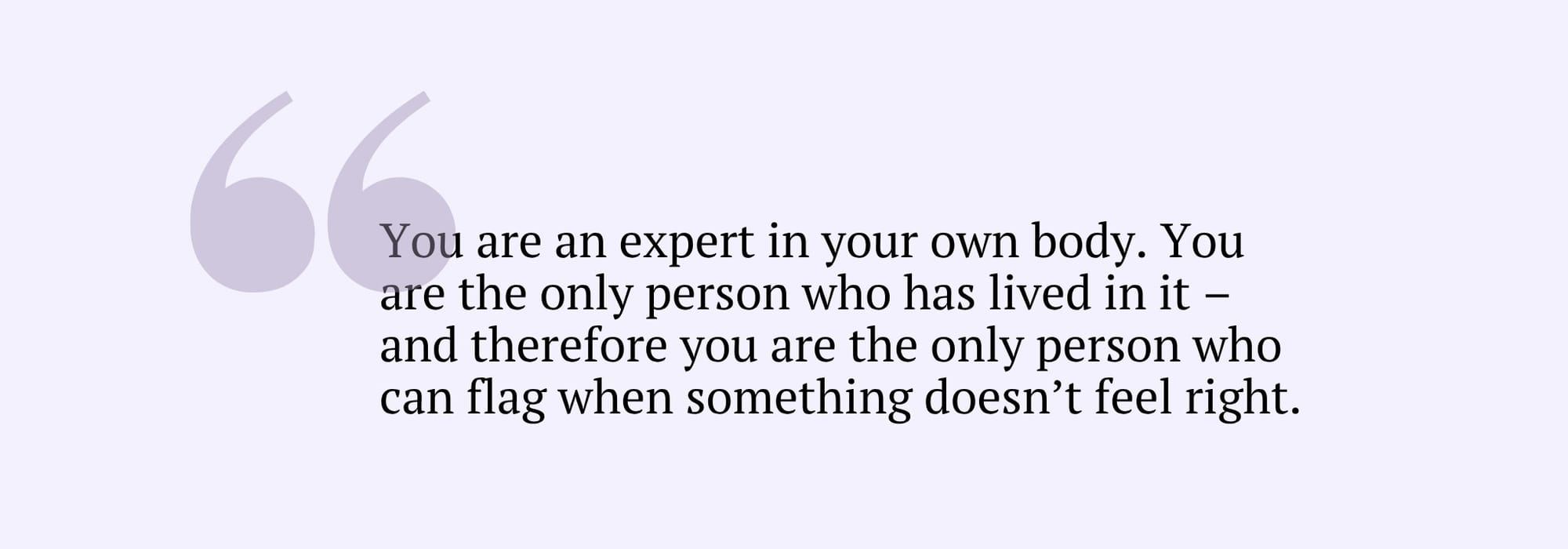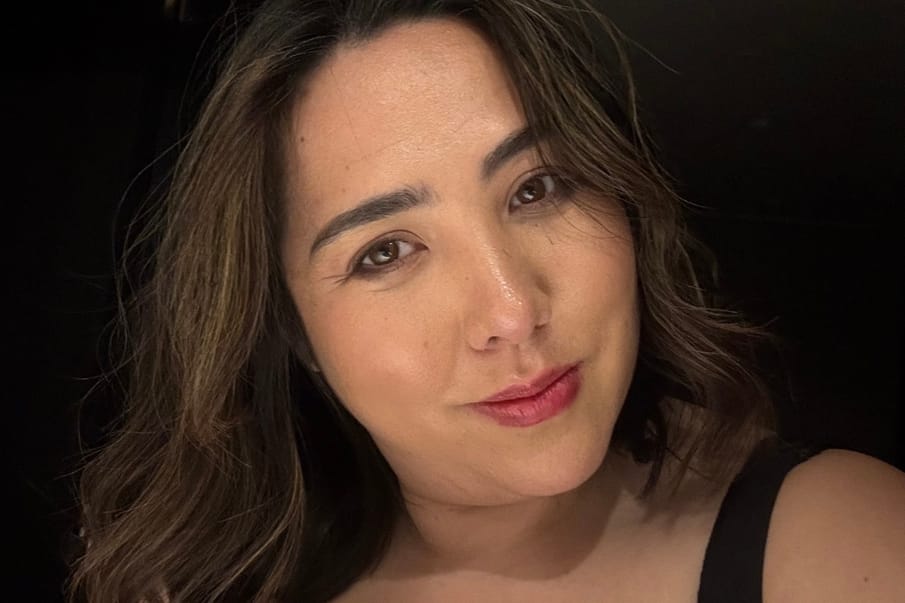How to handle medical gaslighting, and why you should feel more empowered to advocate for yourself – from someone who’s done more than her fair share
There are not many upsides to having the medical record I have, but one of the few positives is that it’s made me quite intolerant of medical gaslighting; standing up for myself and advocating in a doctor’s office is second nature to me. Why? Because I nearly died the time I didn’t, because I didn’t want to ‘cause a fuss’.
Over the course of my life, I’ve had 15 surgeries, a brain tumour, a punctured intestine, obstructed bowels, and a cyst in my brain – and the one that nearly killed me was the punctured intestine. It was an accident, and happened in the middle of one of my surgeries. The doctors didn’t realise at the time, and had sewn me back up. Then, at 2am, my mum started noticing how inflamed my stomach was.
Despite being the middle of the night, she was trying to flag down the attention of any nurse, and being very loud about it – and I was growing more and more embarrassed, as most 11-year-olds would. The nurses reassured her that there was nothing wrong, and she was waking up the other patients, so I also told her she was overreacting.
When my mum left the room, I felt relieved that I could get some sleep, only to discover that the reason she left was to call my surgeon, insisting he come in right away. Thank god he did, and that my mum is a very convincing woman, because the moment he saw my stomach, he knew my mum was right.
My intestines had been accidentally punctured, and my intestinal fluids had been leaking internally for hours. I was sent into an emergency 48-hour surgery, and I’m eternally grateful that my mum is as stubborn as me (or, I should say, I’m as stubborn as her!), because she refused to listen to anyone else when she knew something was wrong, and that is the energy you need, and the energy I continue to have, in every doctor’s office.
Here’s the thing: you are an expert in your own body. You are the only person who has lived in it, you are the only person who can experience the pain you are feeling, and you are the only person who knows what your ‘normal’ is – and therefore you are the only person who can flag when something doesn’t feel right.

Really, it makes sense; you’ve likely been taught that the doctor is the expert, and while, of course, they are knowledgeable and you want to trust them, there is actually very little they can do without your knowledge and your description of the pain and symptoms. Chronic illnesses, diagnoses, and the issues you are having might be things they have learned about in a textbook, but they have never experienced it the way you have. Your input matters.
As an example, I have a condition called hydrocephalus (a build-up of fluid in the brain); every neurosurgeon I have seen has never had hydrocephalus. The biggest issue with hydrocephalus is if your shunt (which drains the fluid) breaks, and I know what that feels like, because it’s happened to me three times. Therefore, when that happens, I am the most experienced in the room, with three decades of living with this condition. I’m not saying this to diminish the importance of doctors, but I am saying this because we need to remove the power imbalance in a doctor’s office, as this is a large reason why people don’t continue to push for treatment.
I do believe doctors are trying their best, but at the end of the day, they are human, and mistakes happen – like my punctured intestines – and if something is wrong, trust yourself. There is no harm in asking for a second opinion, whereas there is harm in overriding your intuition, and continuing to suffer in pain.
Discrimination also plays a part in medical gaslighting. It’s been documented that there has been widespread medical exploitation of Black women by controversial doctors such as J Marion Sims (who was called the ‘father of modern gynaecology’), as it was believed that they had higher pain tolerances. It has also been noted that due to body weight stigma, often larger individuals go misdiagnosed as well.
When I come across this, I will call it out directly: ‘What test would you be giving a thin woman who came in with this symptom?’ ‘You can see my medical record, I clearly have a high pain tolerance, so when I say I’m in pain, I need you to listen to that and give me the medication that you would give a man if they were complaining about the same symptoms.’
I do not mess around in a doctor’s office, because my life is literally at risk. We need to stop diminishing our symptoms, normalising living in pain, and playing small in fear of making doctors uncomfortable. You know what’s more uncomfortable? The pain you are in!


Comments